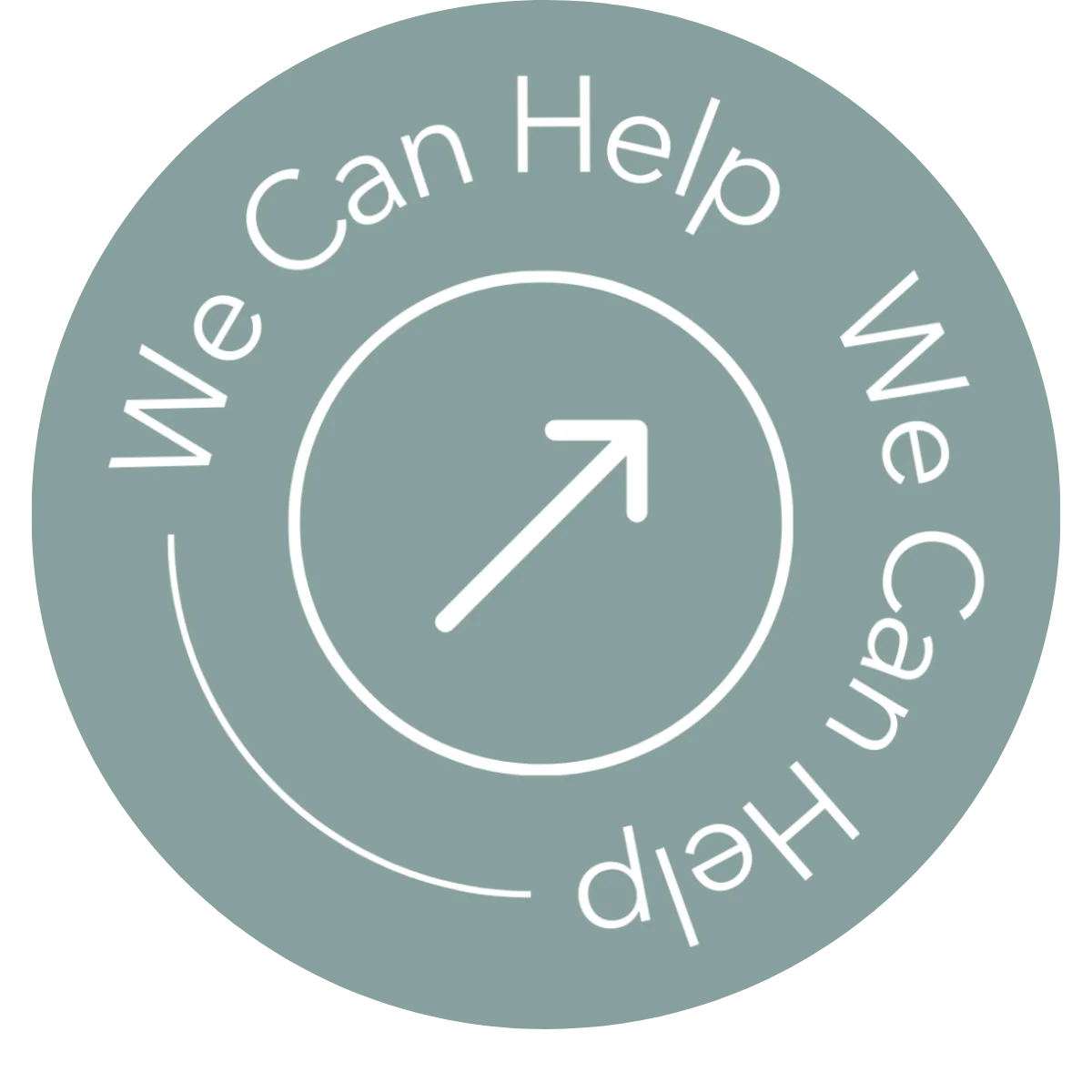How to Tackle Substance Use in the Workplace
Employees who struggle with substance use miss nearly 50% more work than the general population at approximately three weeks each year. Combined with healthcare costs for related injury, illnesses and treatment, along with job turnover and re-training, substance abuse costs the American workforce tens of billions of dollars per year.
With approximately 20.3 million Americans struggling with a substance use disorder in 2018, as SAMHSA reports, both employees and employers are facing a serious problem. However, with effective treatment, these same employees can become even more reliable and successful than the norm.
So how can you tell when an employee may be struggling with alcohol or substance use, and what is the best way to handle this challenge to help them get the treatment they need?
The Signs of Substance Use
Changes in everyday habits are the first thing to look for, like noticeable differences in sleeping, eating and taking care of the self and home. In the workplace, we can watch for signs like extreme fatigue, bad hygiene or a general decrease in how much care someone takes in their appearance.
We may also look for an increase in the amount of days someone is missing, being late often, missing important meetings or forgetting important assignments. Other signs co-workers and employers may take note of are drastic mood swings, anger or irritability and even defensiveness or secrecy.
How to Take Action
If you notice these signs and feel that your employee needs help, the first thing to remember is that they are struggling with a disease, and addiction and substance abuse often have underlying causes such as mental or physical illness or trauma.
Approach your employee with kindness, compassion and understanding. Come prepared with the programs and assistance your company can offer, such as insurance, paid leave or an Employee Assistance Program, to help them find and pay for treatment.
Individuals may be reluctant to admit that they have a problem, or they may be in denial. Listing specific examples of how their job is affected may be helpful to illustrate what this disease is costing them.
Once they are willing to openly discuss their options, it’s time to collaborate and develop a plan for treatment and accountability going forward. Remember that the cost of turnover and re-training may be less than helping your current employee become the best version of themselves again.
The National Safety Council reports that workers who have received substance use treatment and are currently in recovery miss the fewest days out of any group of workers—even the general workforce—at only 9.5 days each year.
Prevention
It’s important to note that, with our jobs taking up so much of our waking hours and setting the stage for our future and our quality of life, there are some factors in the workplace that may contribute to substance use. Conversely, there are things employers can do to help workers avoid or proactively receive treatment for substance abuse.
Key factors that may drive employees to use substances are irregular or long hours without breaks for meals or sleeping; high stress or high demand; isolation, low job satisfaction, lack of opportunity for promotion; lack of supervision or easy access to substances.
Ways to help your employees avoid substance abuse issues or proactively seek treatment include regular workplace education on substance use and abuse; cultivating an environment of acceptance, understanding and care; offering resources and benefits to reduce cost of treatment and ensuring there are no consequences for seeking treatment for substance use issues.
If you have an employee, friend or loved one in need of treatment for substance use and/or mental health issues, or if you could use additional guidance on how to deal with substance use in the workplace, Ethos Behavioral Health Group clinicians are here to help with residential, intensive outpatient and outpatient treatment for professionals. Reach out to us confidentially here.


